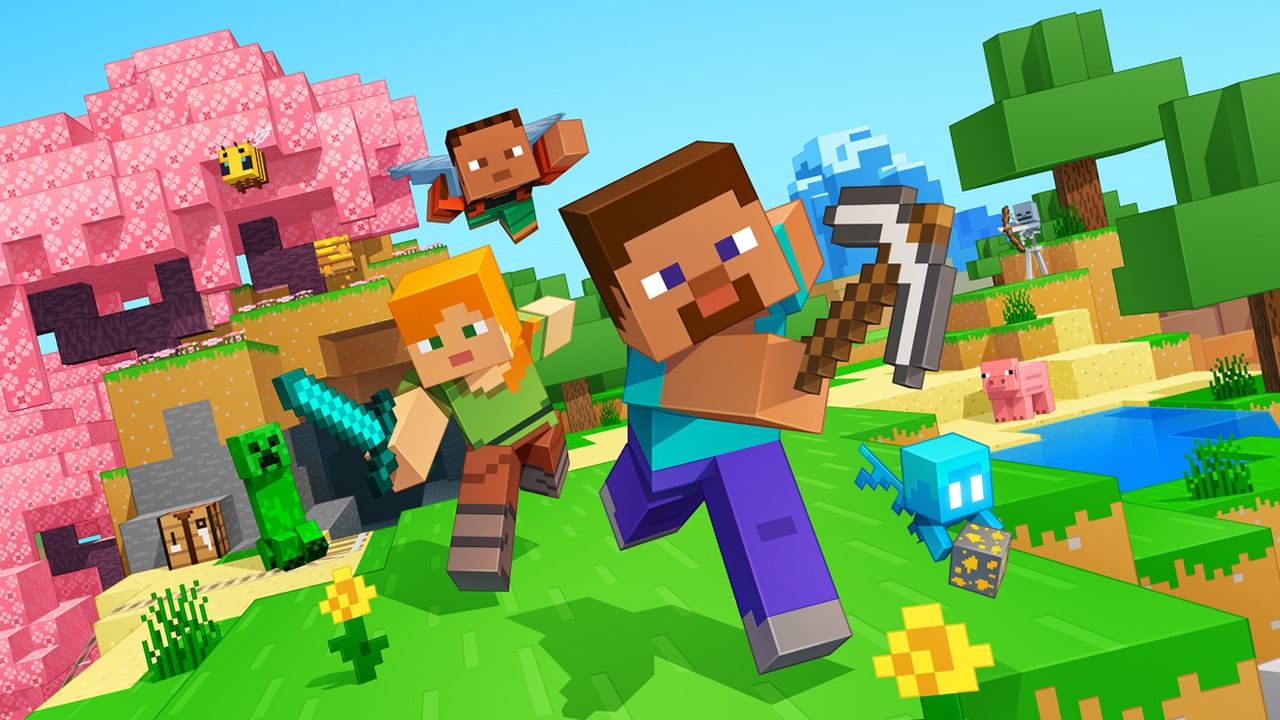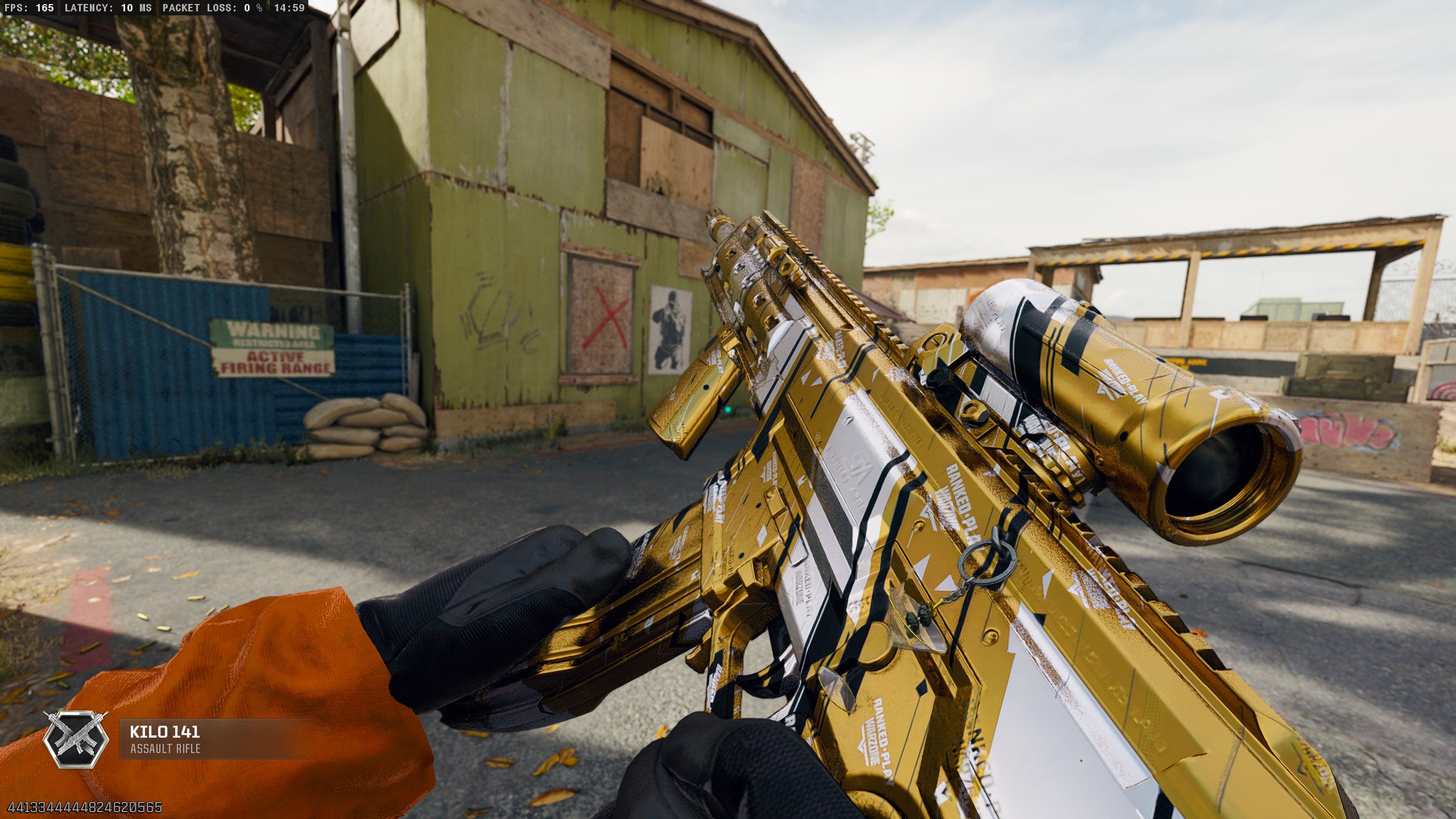When you purchase through links on our site, we may earn an affiliate commission.Heres how it works.
Civilization is a game that literally spans generations, with the original entry launching in 1991.
I poured many hours into Civ 5, and I still consider it the best entry in the series.
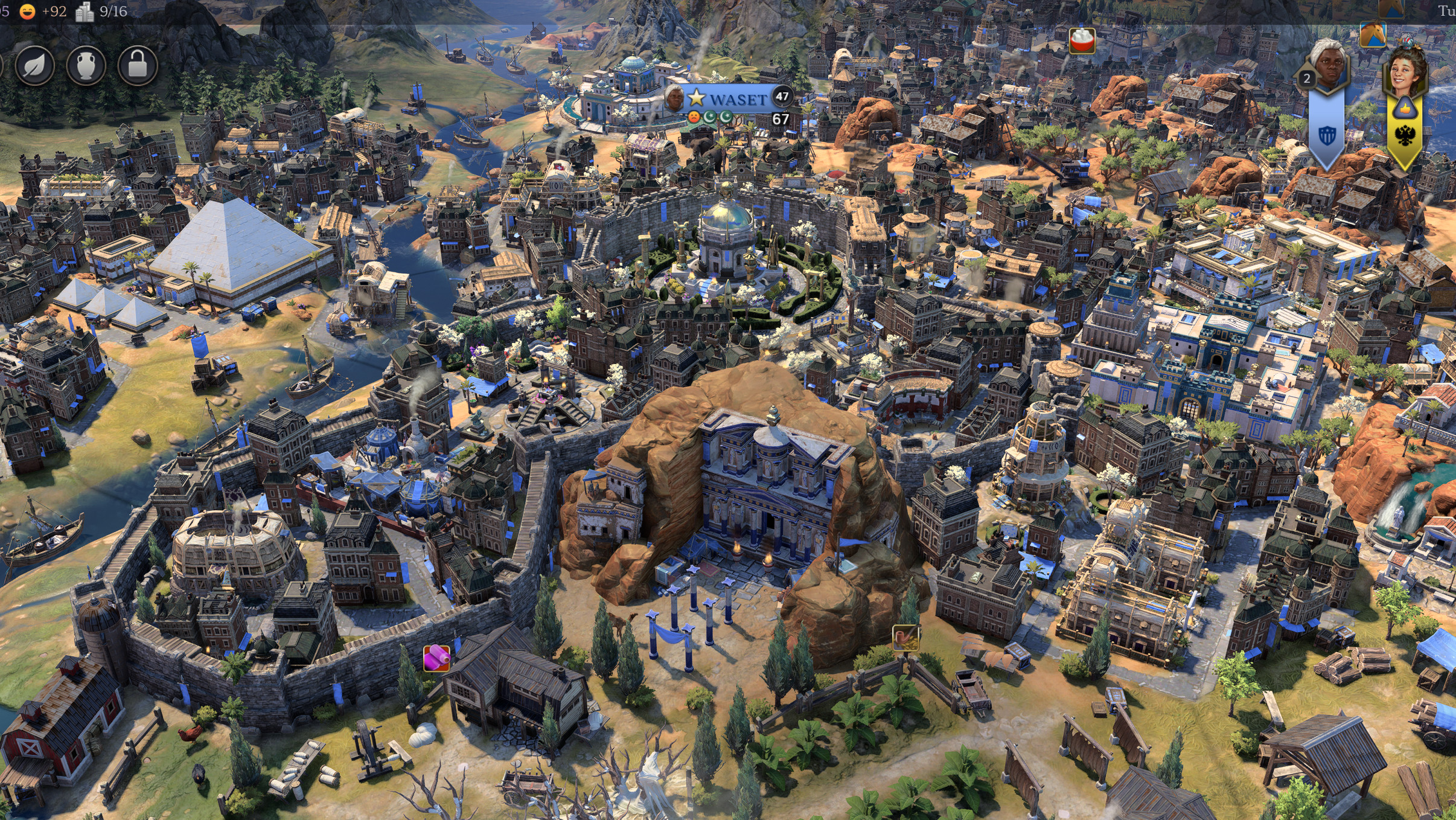
Civilization returns to (some of) its roots while simultaneously introducing new mechanics to the series.
I know I’m not alone in that opinion.
So … is Civilization VIIgood?
But more on that in a moment.
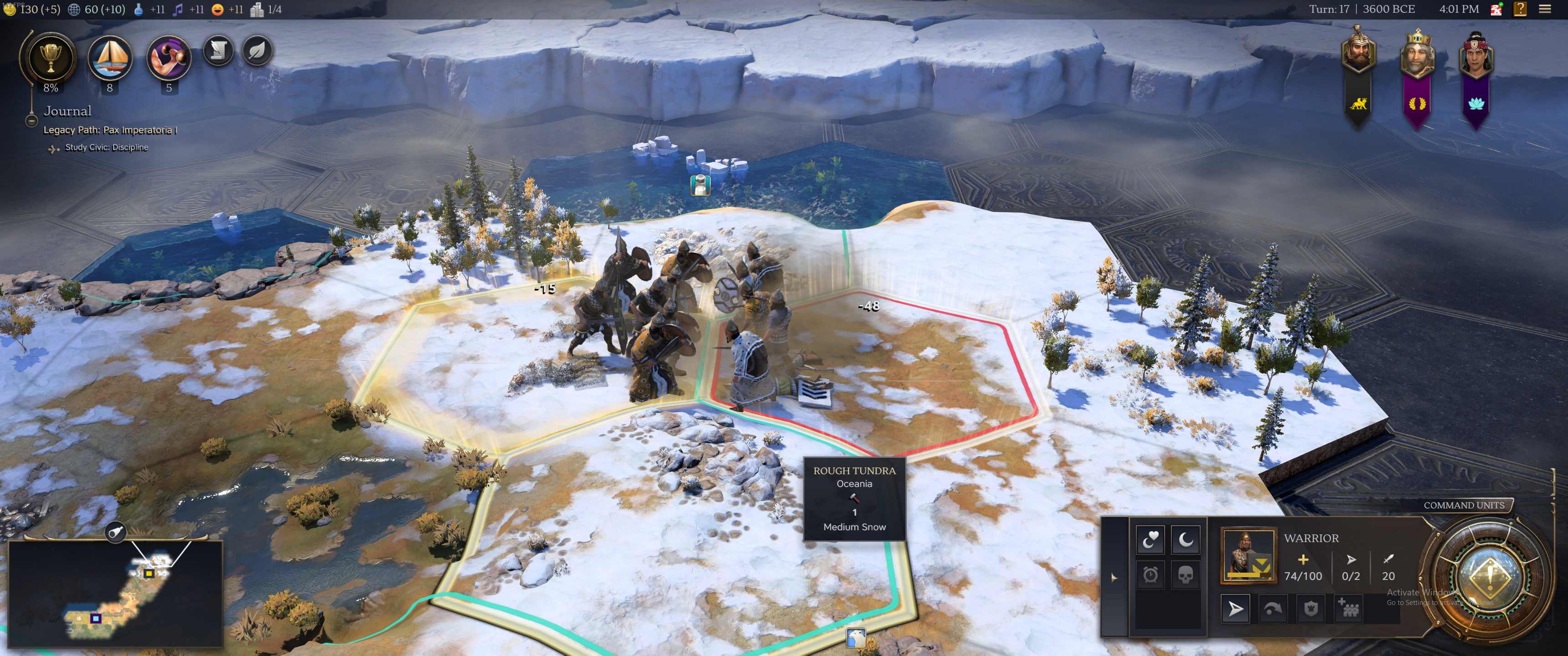
An early skirmish as I scout the land in Civilization VII.
A turn-based approach means you’re able to take your time making decisions.
With tutorials enabled, the game keeps you from spiraling out of control.
The game is deep, but you’re able to learn at your own pace.
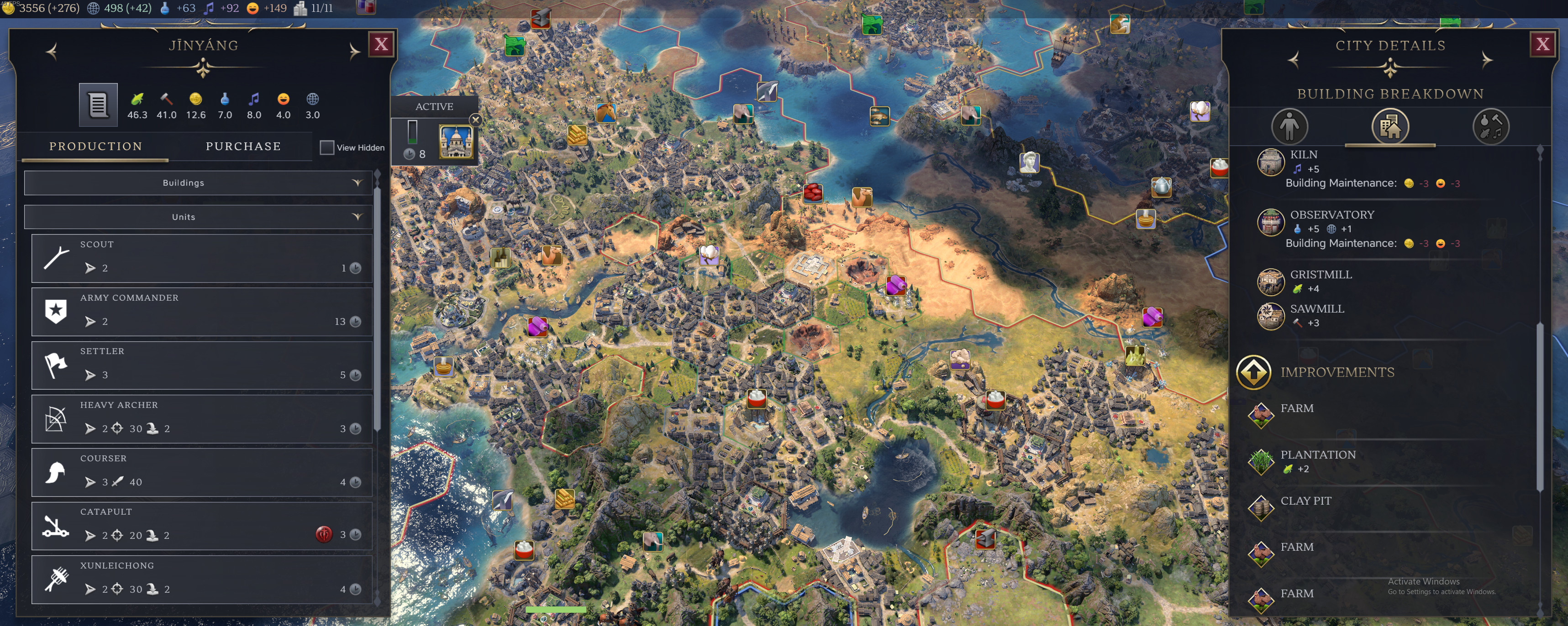
A look at city management in the second age in Civilization VII.
It’s hard to get lost, even as a greenhorn.
At the same time, Civilization VII feels no less deep and intricate than its predecessors.
One of the new mechanics has to do with diplomacy.
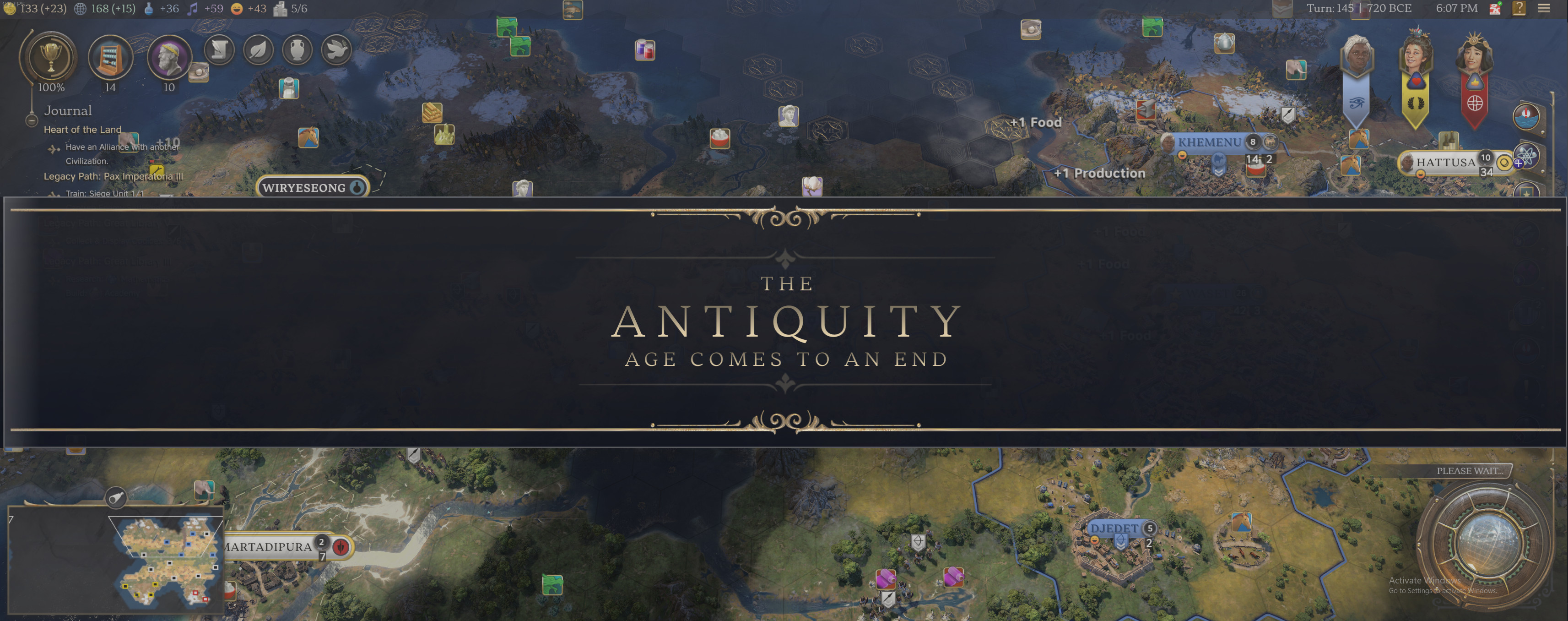
The game experiences a soft reset when the age you’re in comes to an end.
Influence is now a resource gained through actions and specific buildings you add to your cities and towns.
Influence is used to, well, influence independent nations and iconic leaders who share the map.
I chose Harriet Tubman as my leader in one game, mostly for the bonuses she receives to Influence.
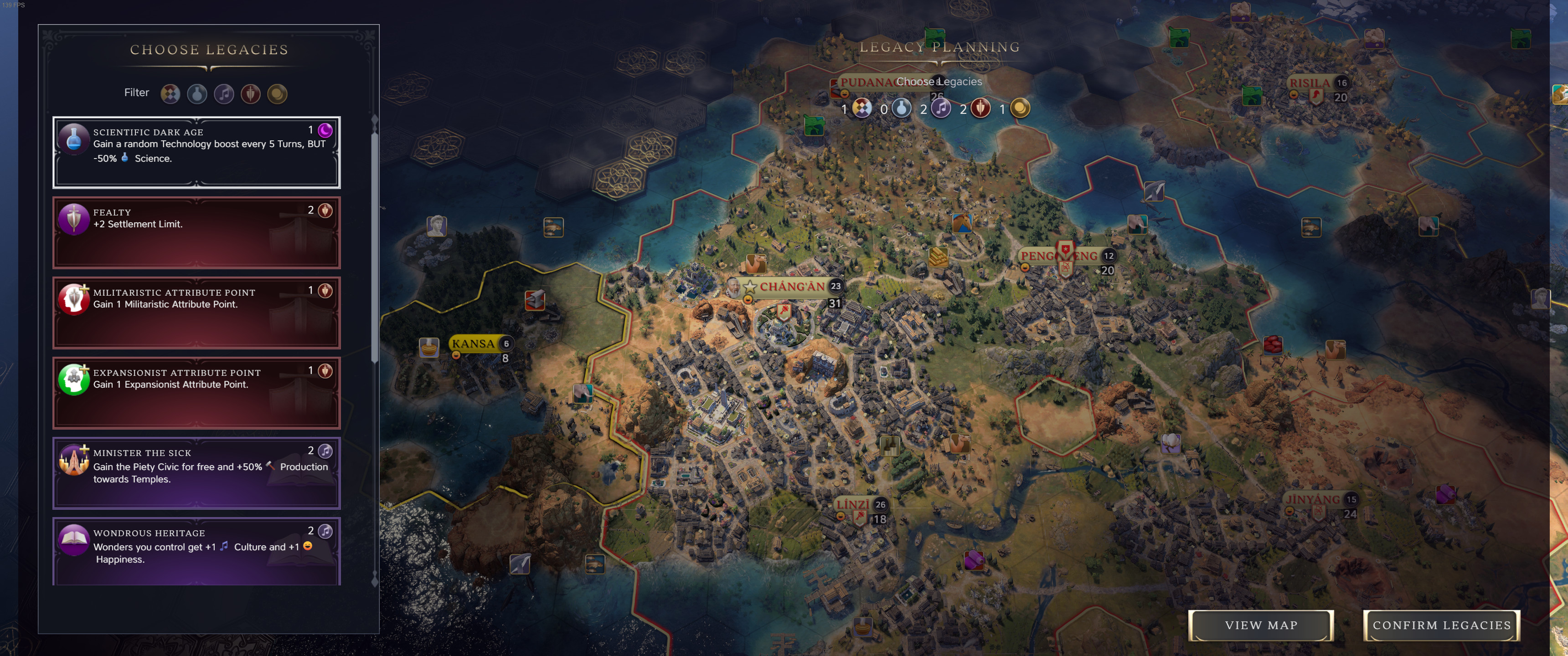
Choosing how to spend Legacy points earned in the previous age is a big change in Civilization VII.
We set up trade routes and made research pacts.
We hosted joint festivals and markets.
Our armies fought together in nearby hexagons, fending off the invaders.
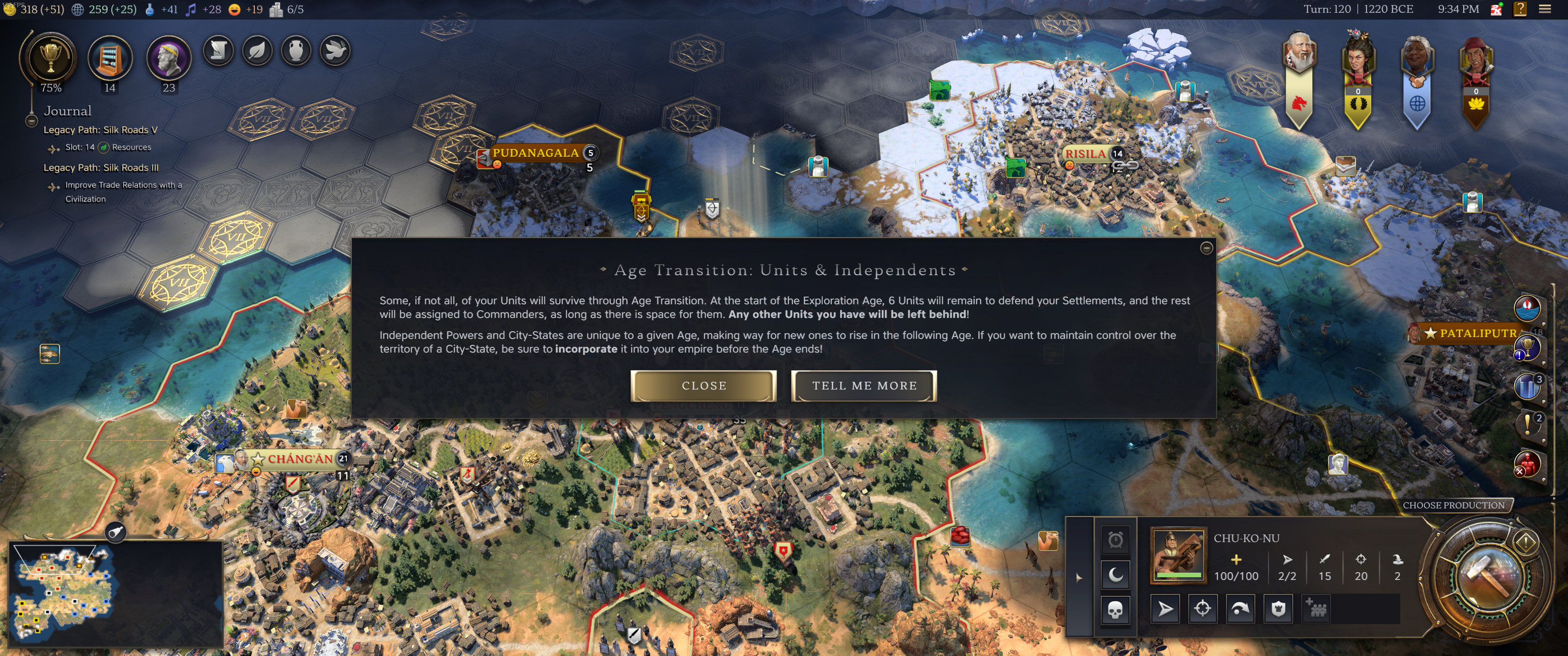
Not all of your units will make it to the next age if you don’t plan carefully.
I ate up as many tiles as possible, and I felt invincible.
When the age timer fills, you move on to the next period of the game.
Although your leader doesn’t change from age to age, your civilization does.
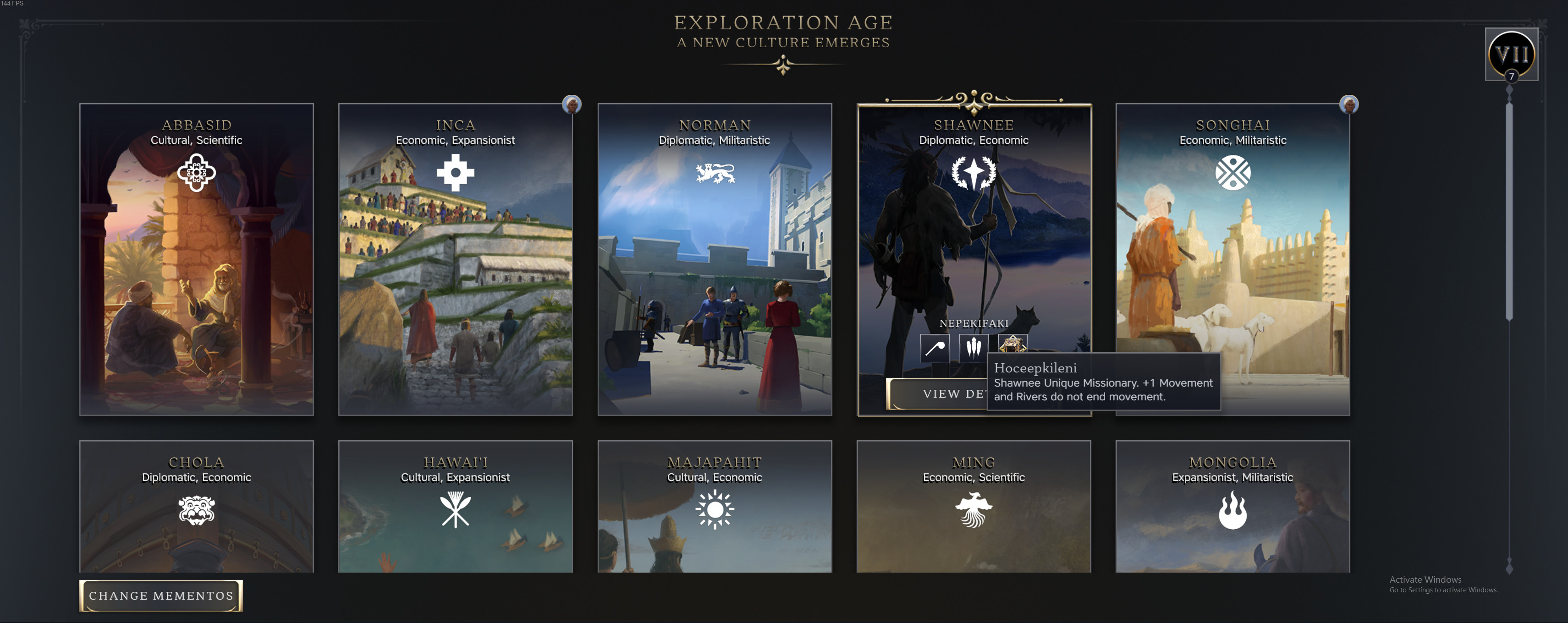
You’re no longer tied to one civilization for the entire game; you choose a new civ in each age.
And you get to choose where it goes.
Leaders are no longer exclusive to certain civilizations.
Civilization VII presents “natural” paths for your people to take.
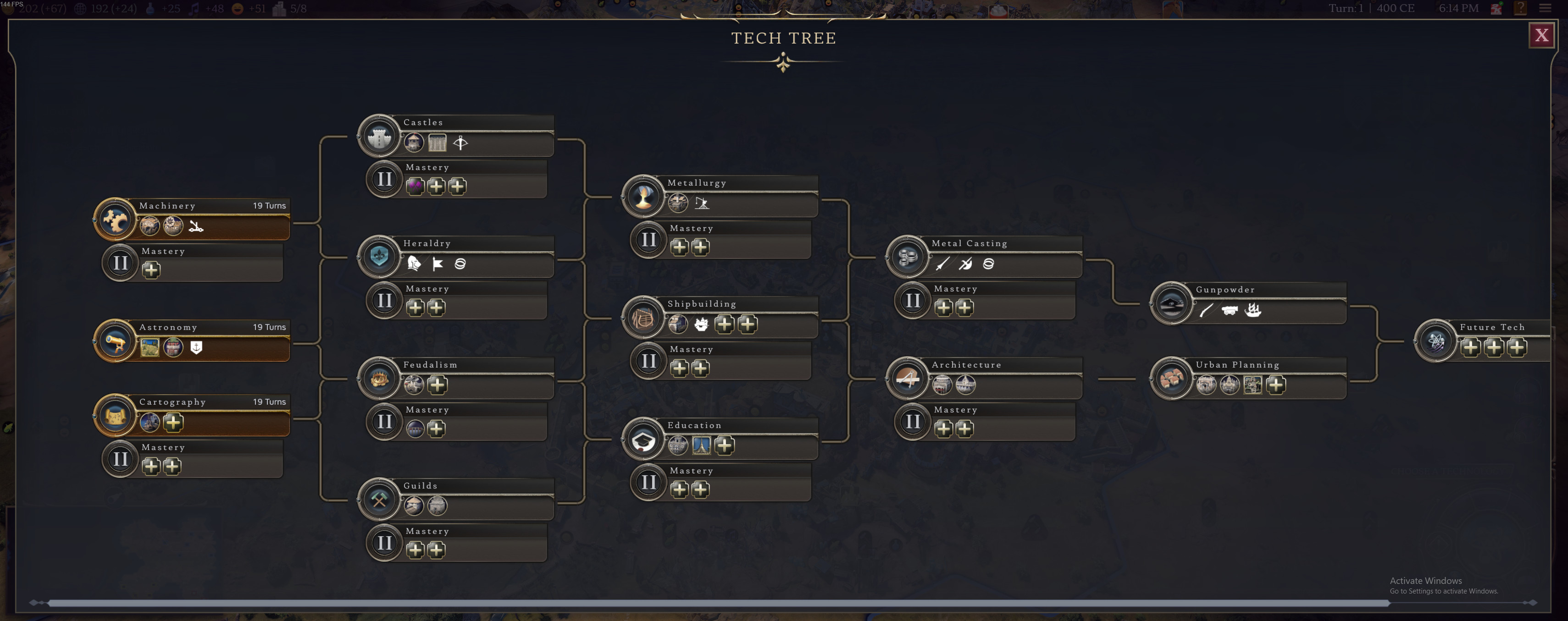
A look at the main tech tree from the second age in Civilization VII.
For example, playing as Confucius, I started with the Han people.
Upon entering the Exploration age, I became the Ming people.
History is not kind to empires, and that’s reflected in Civilization VII’s new mechanics.
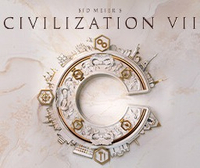
As you approach the end of an age, your people are beset by a crisis.
While dealing with the crisis, I must have angered my allies with my frivolous use of Influence points.
History is not kind to empires, and that’s reflected in Civilization VII’s new mechanics.
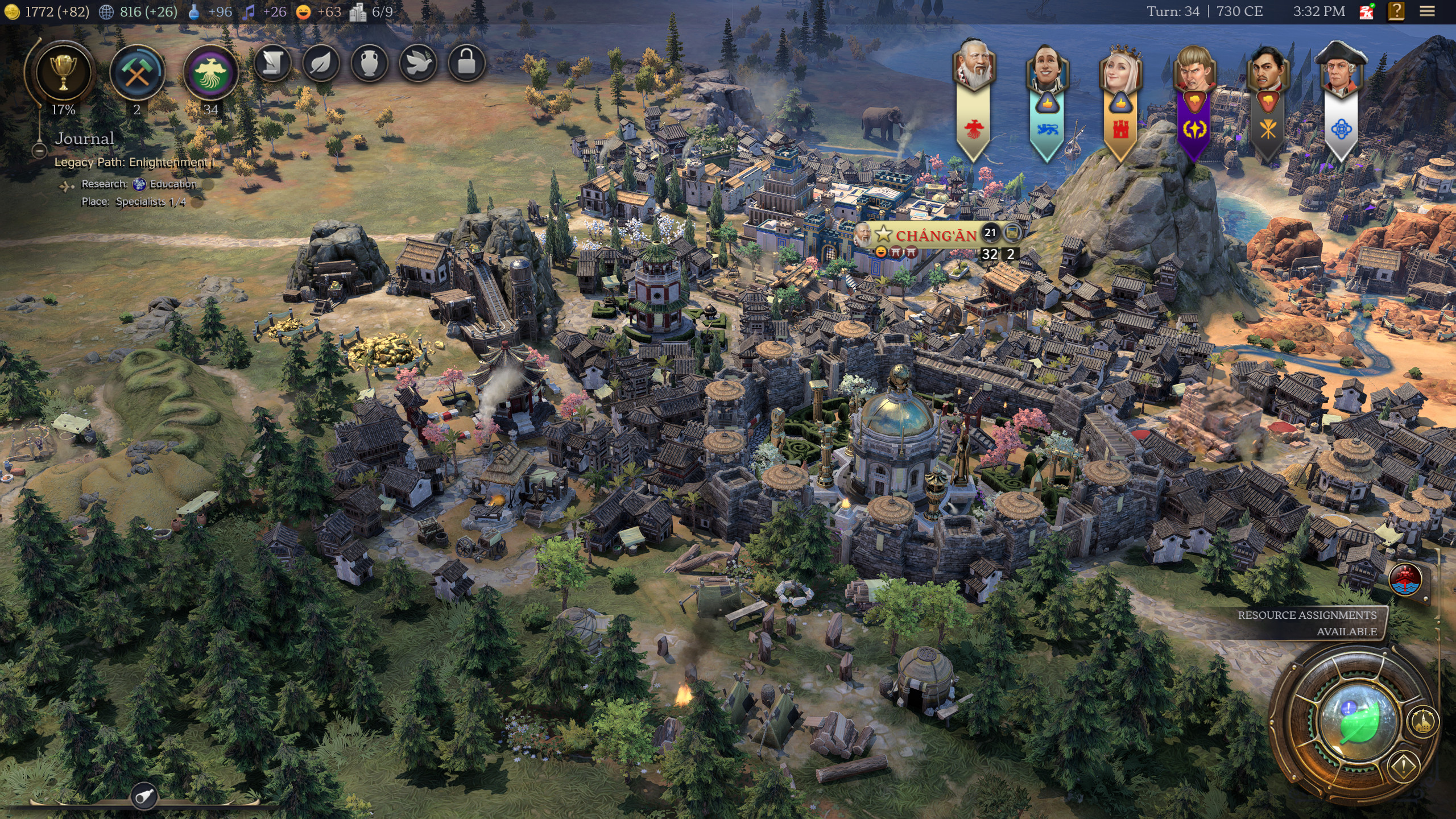
Independent states are also all fresh, waiting to be annihilated or befriended.
Towns are also new to Civ 7. it’s possible for you to upgrade towns to cities by spending a large lump sum of gold.
Upon entering a new age, you’re given a number of options on where you spend Legacy points.
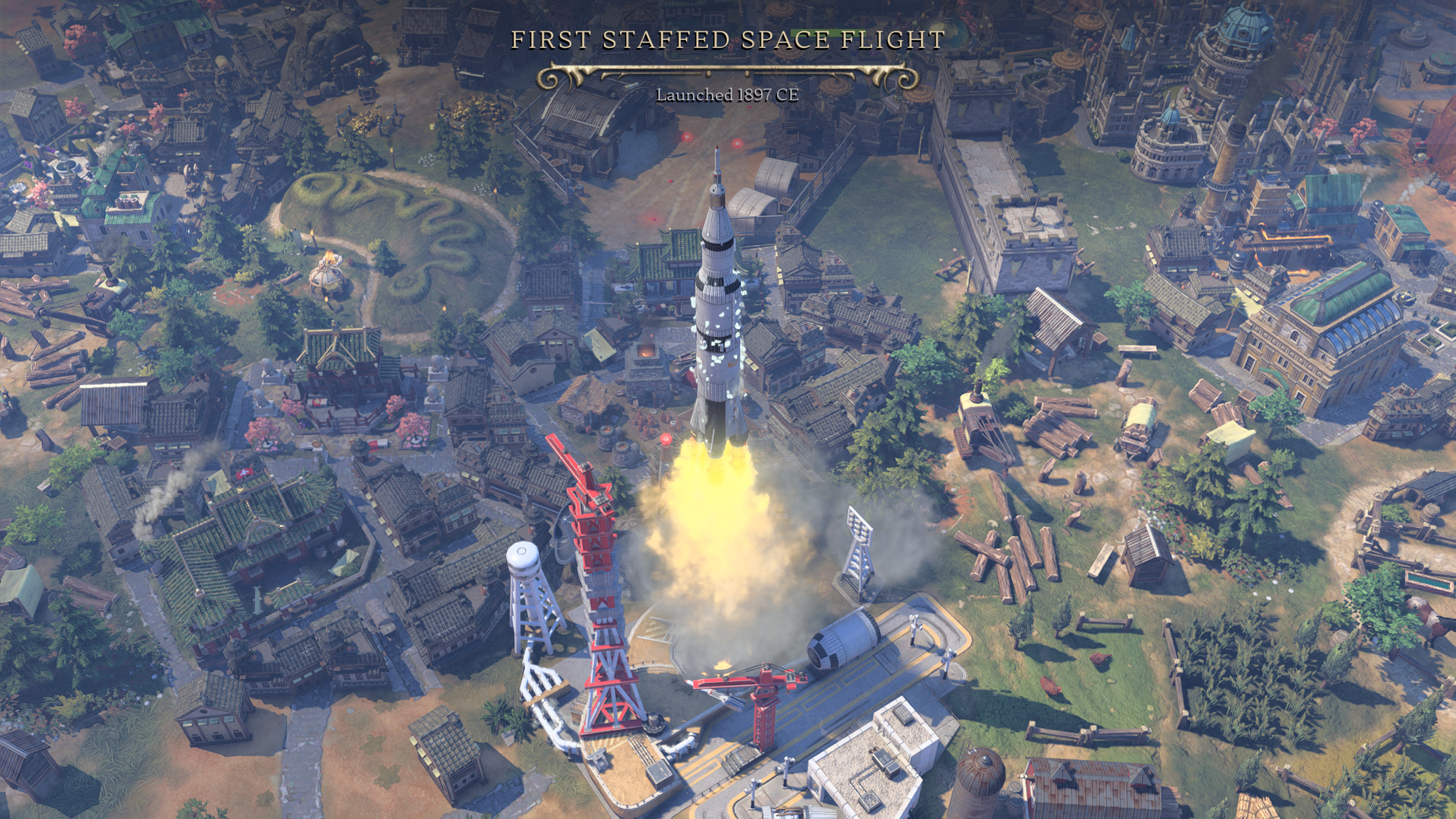
These points are largely gained in the previous age by completing missions given by your advisors.
How you choose to guide your civilization through the ages also depends on your leader’s attribute tree.
This opens up some interesting playstyles.
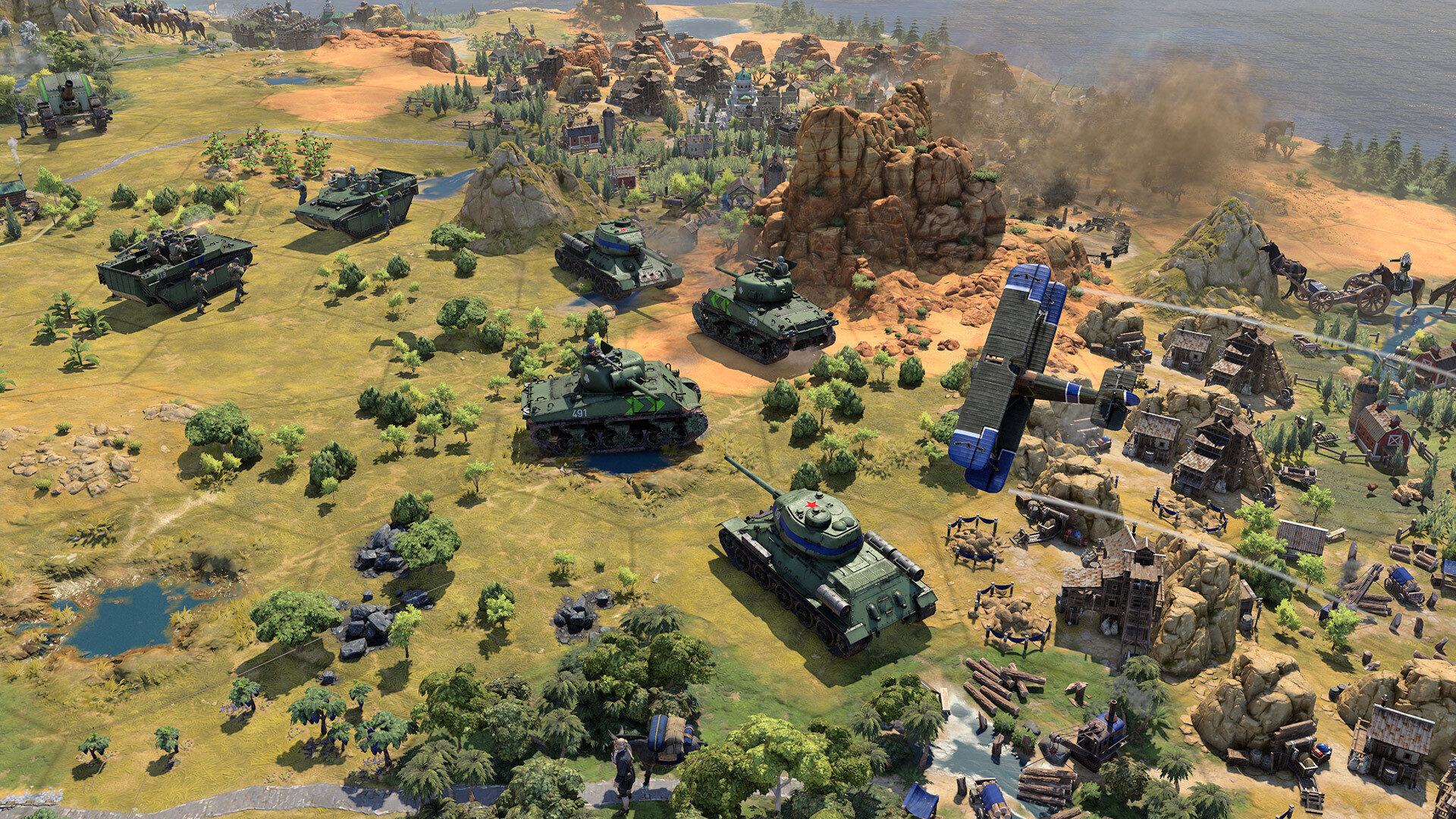
Say you’ve been getting pounded by an enemy for the majority of an age.
At the same time, you might bolster your civilization’s focus with leader attribute points.
The new Army and Naval Commander units in Civilization VII largely solve this issue.
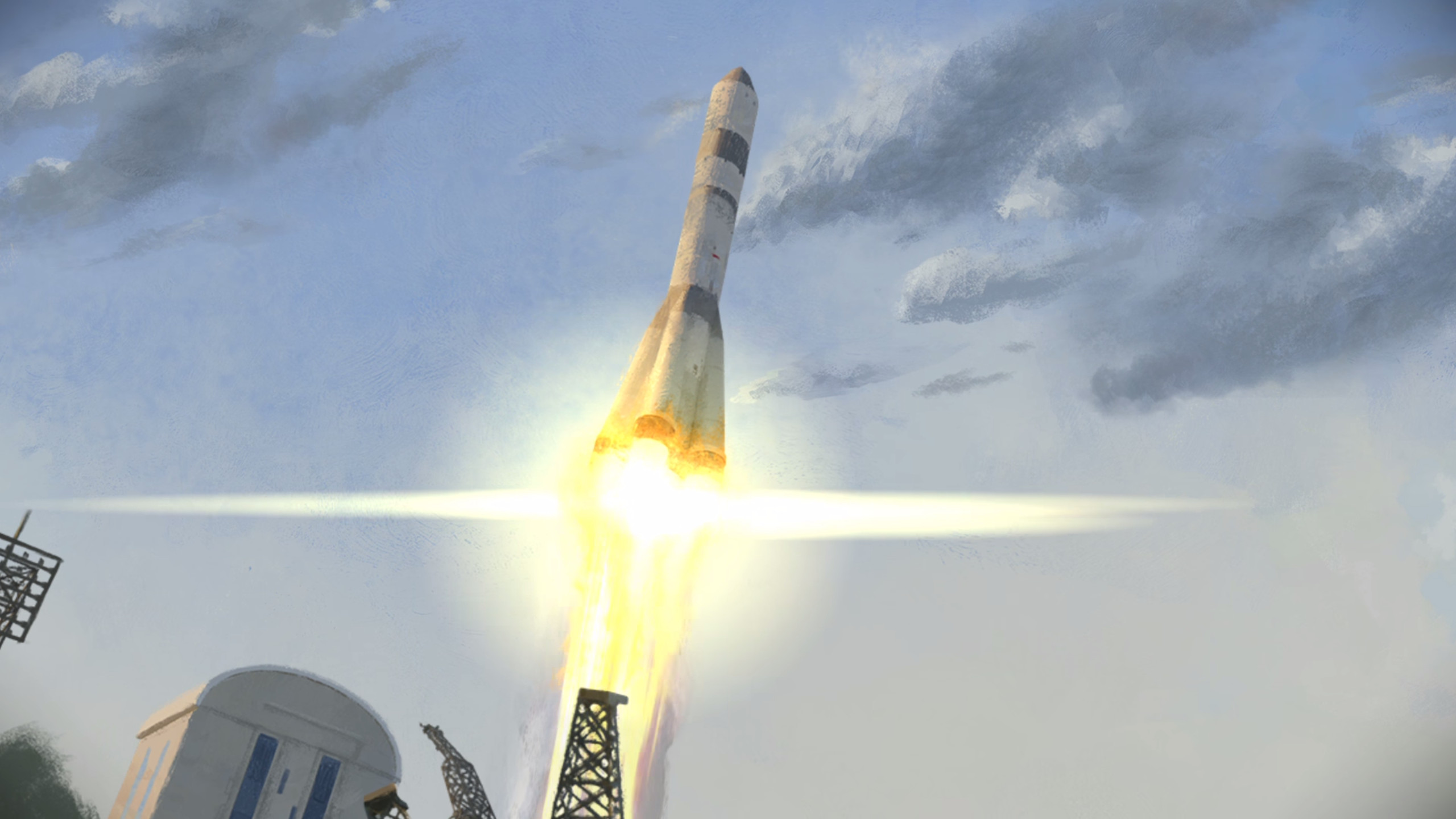
I haven’t yet waged open-sea warfare, but the two types of commanders work the same way.
Commanders also have an area of influence that boosts nearby troops.
Firaxis did a great job with Commanders.
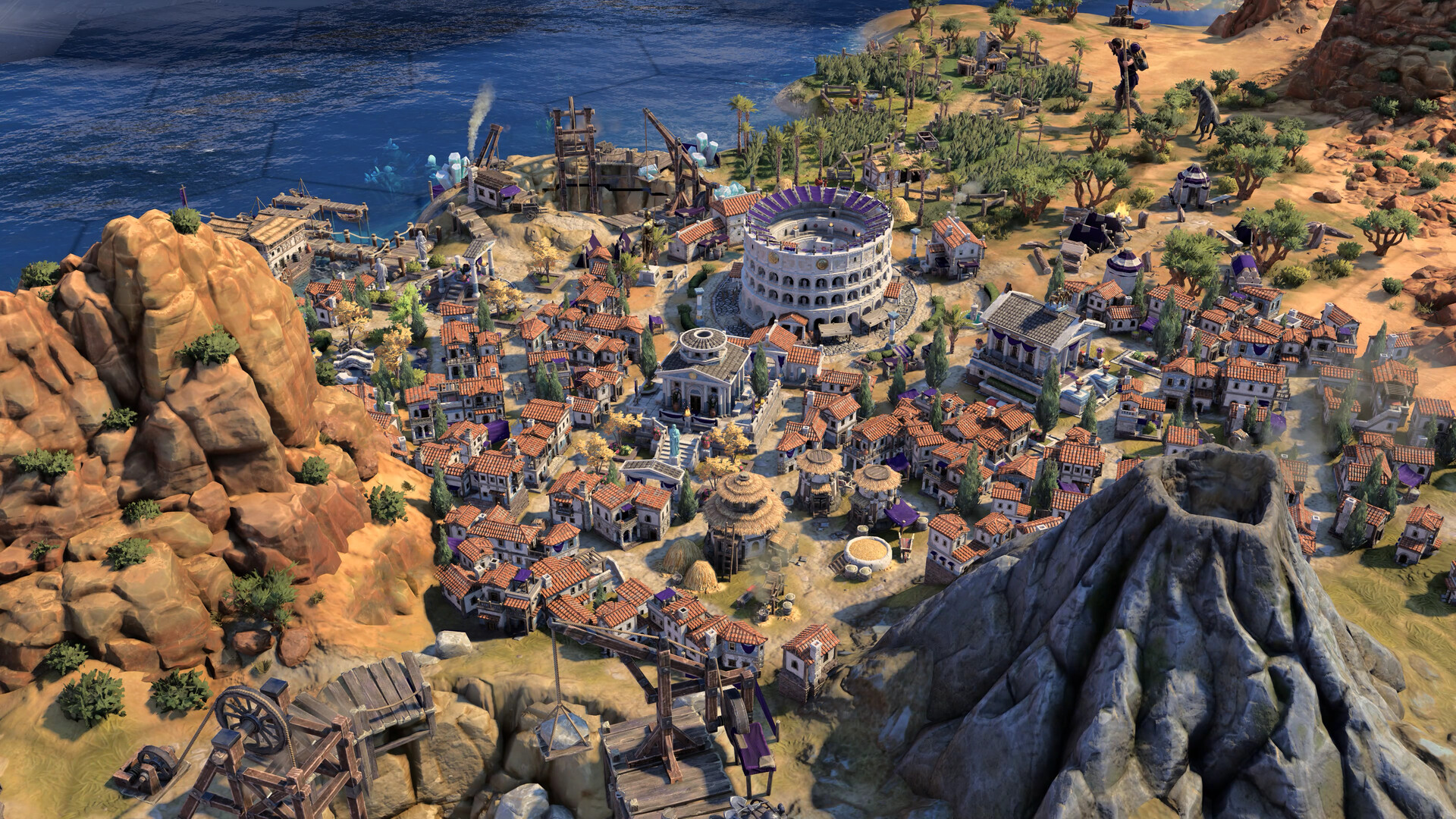
They’re expensive to create, but they’re powerful enough to significantly change the tide of a battle.
You want to keep them alive at all costs.
Furthering their importance is a tech tree that’s unlocked as the commander gains experience through military conquest.
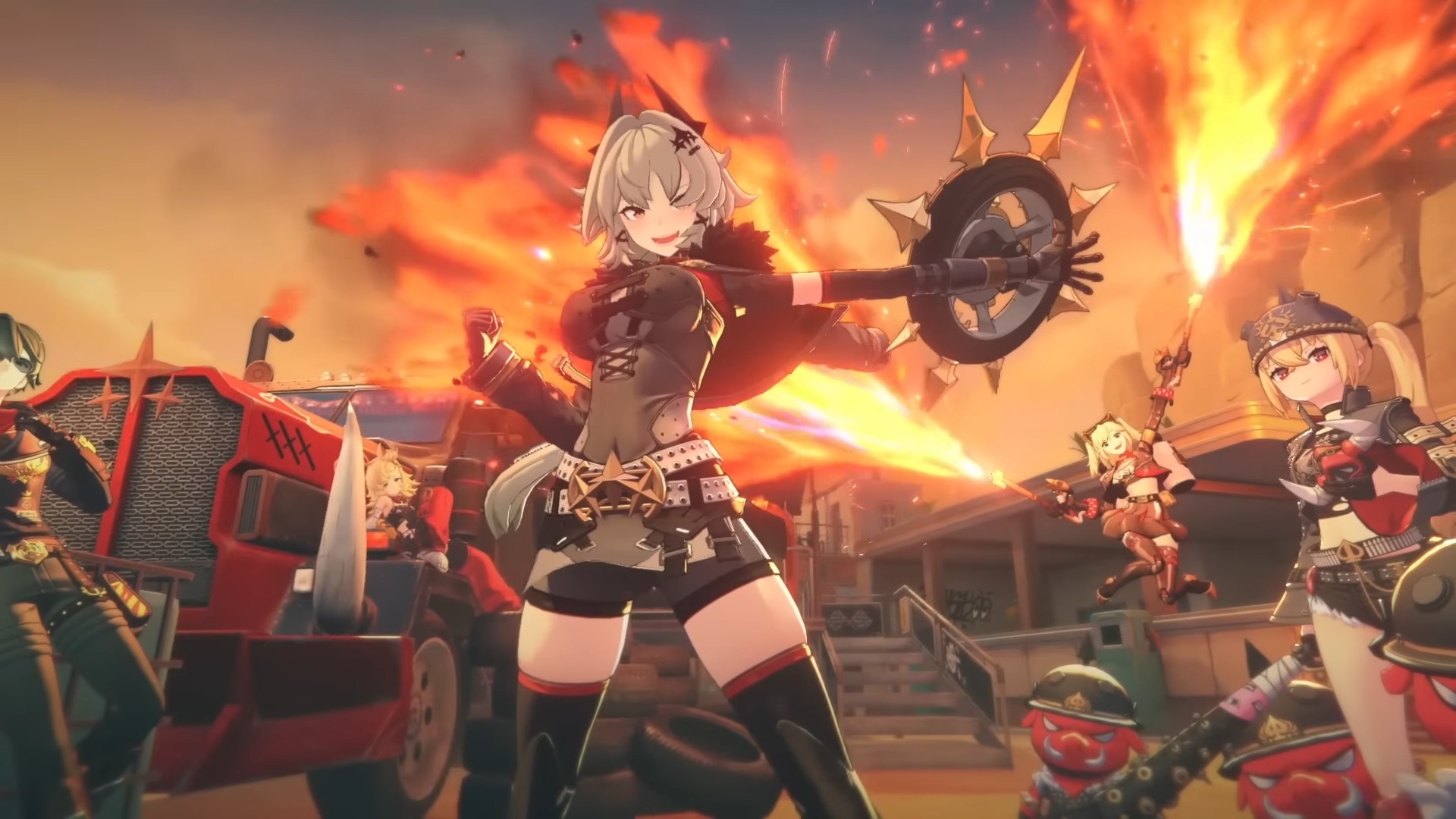
Need to quell a revolt in a distant settlement?
Better level up a commander and choose perks that benefit the situation.
Need some extra firepower on the front lines?

Upgrade the commander’s area of influence to benefit defensive or offensive actions.
Firaxis did a great job with Commanders.
They’re expensive to create, but they’re powerful enough to significantly change the tide of a battle.
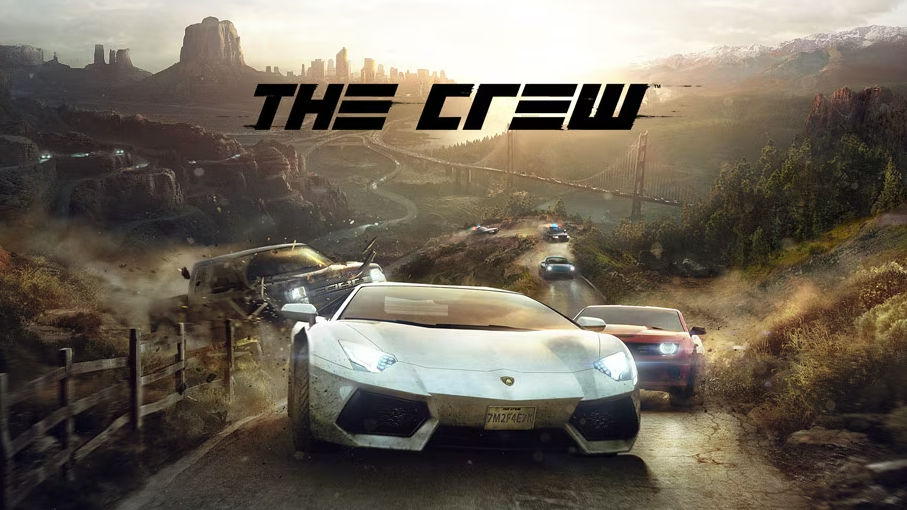
You want to keep them alive at all costs.
Furthering the mission to reduce clutter, city expansion is now much more streamlined.
There’s also a new Overbuilding mechanic that helps deal with city sprawl.

Voiceover work in Civ games peaked with Sean Bean in Civ 6 “A horse, a horse!
My kingdom for a horse!”
but Gwendoline Christie does a decent job in the sequel.
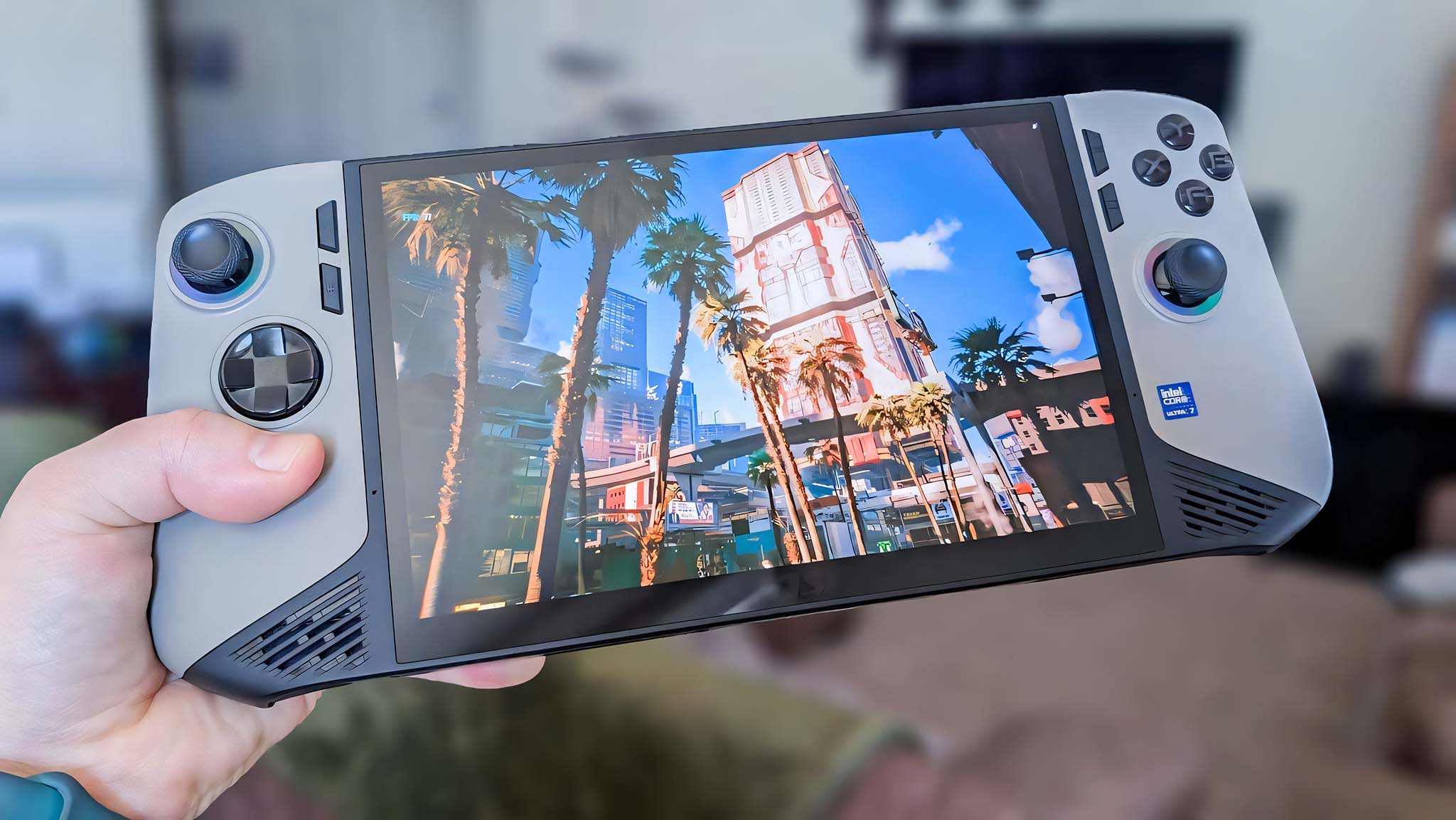
New freedom to pair unique leaders with different civilizations is bound to open up some interesting strategies and playstyles.
Commanders make it a lot easier to wage full-scale war without clogging up the map.
Civilization VII
Civilization VII is a turn-based 4X strategy game expected to launch on February 11, 2025.

It’s now available to preorder on all major platforms.
Yes, Civilization VII (Civ 7) received Steam Deck verification ahead of the game’s official launch.
When does Civilization VII launch?
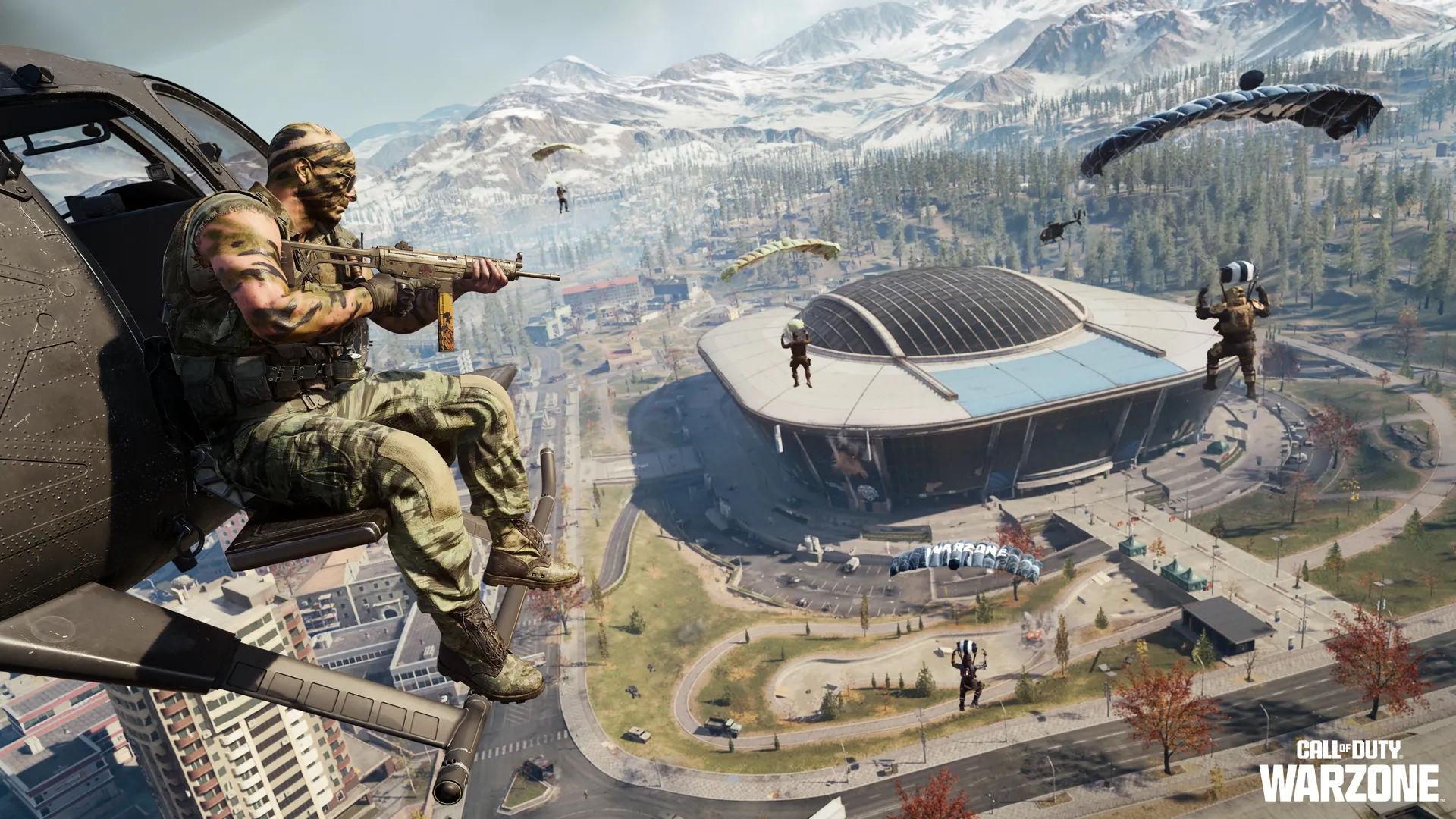
Is Civilization VII coming to Game Pass?
There are so far no signs that Civilization VII will be available onXbox Game Pass.
Civilization VII is also available tobuy directly from the Microsoft Storefor your Xbox consoles.

What are the Civilization VII recommended PC specs?
The game takes up about 20GB of space.
How many different retail versions are there for Civilization VII?
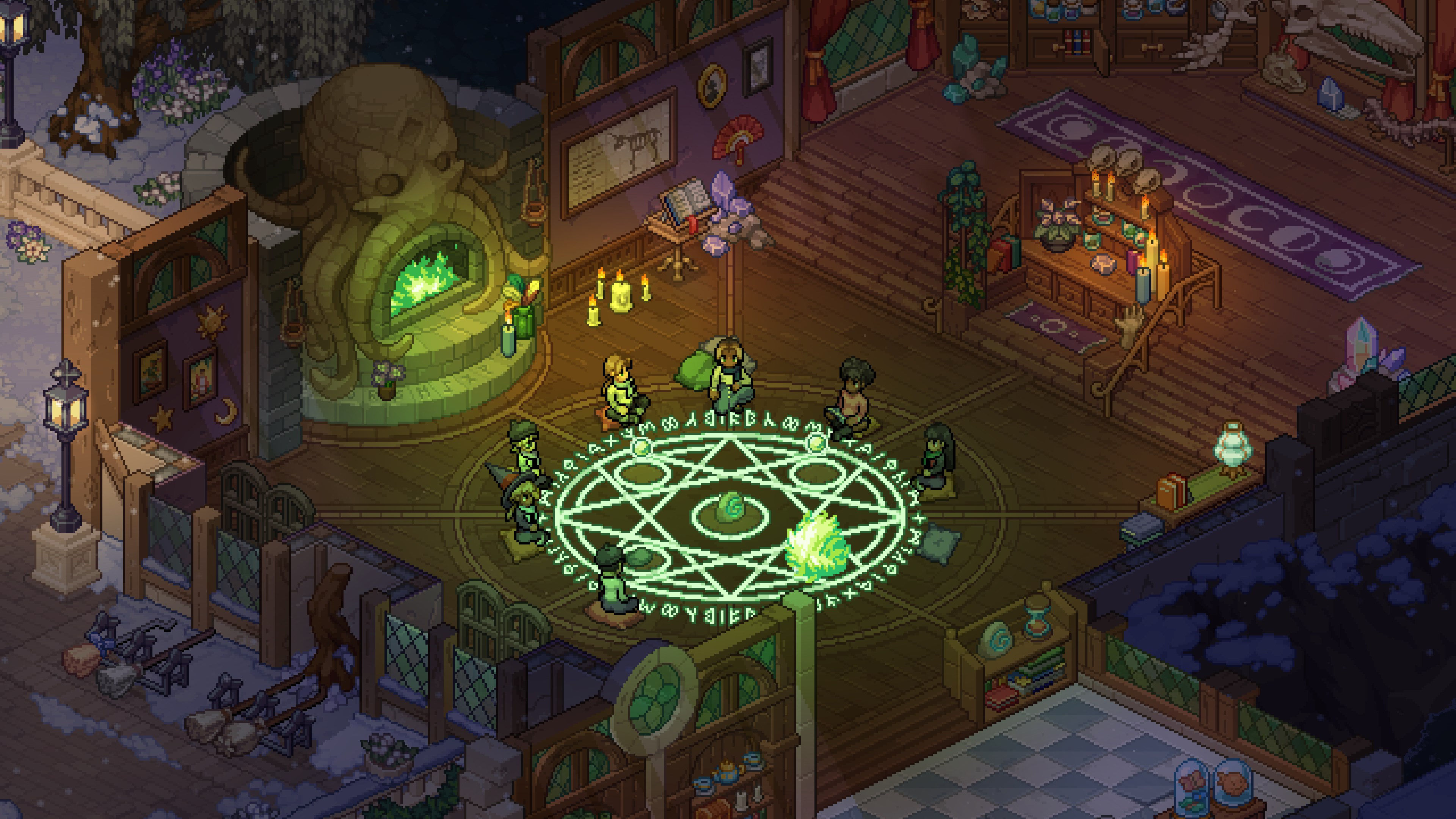
There are three separate retail versions arriving for the Civilization VII launch.
TheStandard Editionincludes the base game and if you pre-order, a Tecumseh leader and Shawnee civilization content pack.
